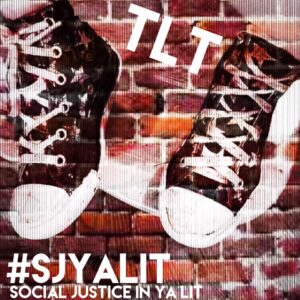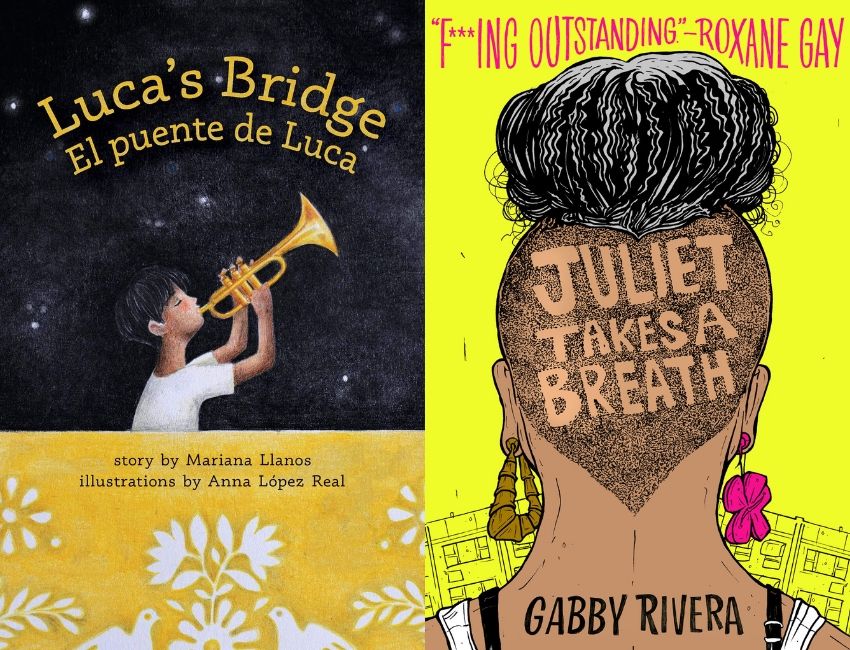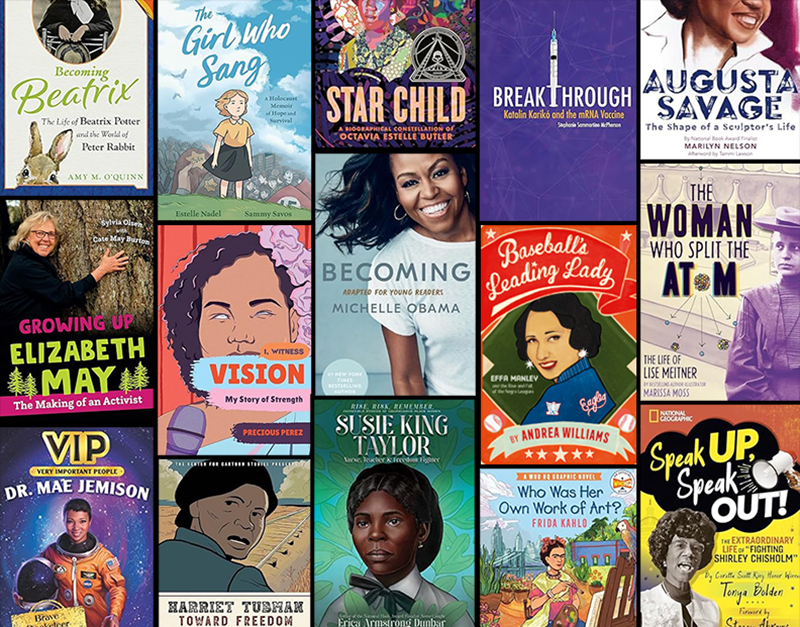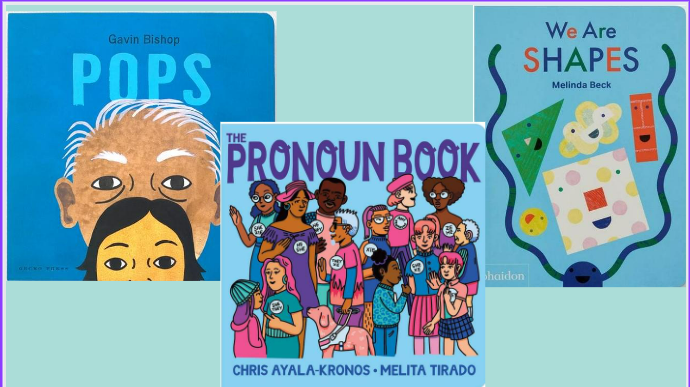#SJYALit Preserving the Right to Peaceful Protest in 2017 America, a guest post by Sabrina Fedel
 On June 3, 1989, countries around the world watched in horror as the Chinese government cracked down on protestors in Beijing who were demanding democratic reforms from the Chinese Communist Party. Western news outlets captured the scene as tanks rolled through the streets on their way to Tienamen Square, the center point of the protest. Demonstrators took to the streets to bar the Army’s way, only to have the tanks crush them or soldiers fire weapons on them. The official death toll was 241 (including soldiers) with some 7000 injured, but many critics place the casualty rate much higher. The government mission was successful; however, effectively ending demonstrations for democratic reforms in Mainland China to this day.
On June 3, 1989, countries around the world watched in horror as the Chinese government cracked down on protestors in Beijing who were demanding democratic reforms from the Chinese Communist Party. Western news outlets captured the scene as tanks rolled through the streets on their way to Tienamen Square, the center point of the protest. Demonstrators took to the streets to bar the Army’s way, only to have the tanks crush them or soldiers fire weapons on them. The official death toll was 241 (including soldiers) with some 7000 injured, but many critics place the casualty rate much higher. The government mission was successful; however, effectively ending demonstrations for democratic reforms in Mainland China to this day.
For those of us born in the U.S. in the late 1960s or ‘70s, such government brutality seemed impossible. How could the Chinese government blatantly murder unarmed protesters in the modern age? One iconic photo, in particular, sent a collective chill through the Western world: the image of a man standing before a line of tanks that were about to run him over in cold blood. It was unthinkable, and yet it was happening before our eyes. There was a sense of superiority for democracy over totalitarian rule, because democracy would not allow murder to silence free speech and assembly.
ADVERTISEMENT
ADVERTISEMENT
But those who had lived through the Kent State massacre less than twenty years earlier were here to teach us otherwise. Most young Americans in 1989 had never heard of Kent State or had only a vague sense that something unfortunate had happened there. But for those who had lived through the Vietnam War years, the Kent State shootings represented a true test of our democracy.
On May 4, 1970, National Guard troops on the campus of Kent State University opened fire on unarmed student protestors, killing four and wounding nine. Initial reaction mostly blamed the students, and one early news report even claimed that a Guardsman had died. The public was given a narrative that the massacre was in self defense. The Guard claimed there had been sniper fire, although this was later debunked. They claimed large bricks and other projectiles had been thrown at them and they were in fear of being physically overrun by the large group of students.
Most people, including the main stream media, were content with these excuses. Many felt that students across the country were out of control and needed to be reined in, and a lack of parental discipline was enabling a generation of spoiled anarchists. Now they would know their limit.
Students nationwide rallied behind the KSU students; however, staging the first national student strike and waging about a hundred strikes a day in the week of the shootings. One hundred thousand people marched in Washington to protest the War and the Kent State killings. Young people were not going to be deterred from getting answers.
ADVERTISEMENT
ADVERTISEMENT
The narrative also began to change through investigations by the free press. The Akron Beacon Journal was the first news agency to conduct an intensive investigation, published on May 24, 1970. Later awarded a Pulitzer Prize, the report found that the force used by the Guard was completely unnecessary.
Much of the main stream media continued to support the Guard, though, and ensuing doubt led to increasing demand for a federal investigation. The process became messy and contentious. There has never been any formal admission or governing declaration that the Guard acted intentionally, but as stated by the FBI the use of deadly force was “unnecessary, unwarranted, and inexcusable.”
Many who were there that day continue to press for some formal acknowledgement that the Guard acted knowingly and intentionally, that they planned to have the murder of students act as a deterrent to what had been a continuous and powerful stream of dissent, and that they did so with the highest level of authority going through Governor Rhodes all the way to the White House.
The truth of what happened that day may never be fully known. But what we do know is that when there is an imbalance of power between authority and dissent, and when that dissent is not protected and allowed to flourish, democracy fails. What sets democracy apart from totalitarianism is not that it always functions as it should, but that we are willing to make the attempt to get to the truth when it does not function properly. The role of the Department of Justice and the free press is critical in times of civil unrest, for it is in these institutions that justice lives. And it is up to everyday citizens, led often by an idealized youth, to demand that these institutions live up to their calling. This is the lesson of Kent State that must be kept alive.
 Sabrina Fedel’s debut Young Adult novel, Leaving Kent State, was recently released from Harvard Square Editions. Her YA short story, Honor’s Justice, was nominated for a 2017 Pushcart Prize, as well as a 2016 storySouth Million Writers Award and a Sundress Publications Best of the Net ’16 award. She holds her MFA in Creative Writing from Lesley University. You can find Sabrina at her website, www.sabrinafedel.com, or on twitter (@writeawhile) or Instagram.
Sabrina Fedel’s debut Young Adult novel, Leaving Kent State, was recently released from Harvard Square Editions. Her YA short story, Honor’s Justice, was nominated for a 2017 Pushcart Prize, as well as a 2016 storySouth Million Writers Award and a Sundress Publications Best of the Net ’16 award. She holds her MFA in Creative Writing from Lesley University. You can find Sabrina at her website, www.sabrinafedel.com, or on twitter (@writeawhile) or Instagram.
Filed under: #SJYALit
About Robin Willis
After working in middle school libraries for over 20 years, Robin Willis now works in a public library system in Maryland.
ADVERTISEMENT
ADVERTISEMENT
SLJ Blog Network
2024 Books from Pura Belpré Winners
In Memorium: The Great Étienne Delessert Passes Away
Winnie-The-Pooh | Review
Parsing Religion in Public Schools
ADVERTISEMENT








Awesome blog Robin, this post was truly worthwhile to read. I wanted to say thank you for the key points you have pointed out as they are enlightening.
Peaceful protests are more valuable and more effective. These movements are what make a stand be heard. It makes volunteers and participants respect the law, but it will establish safety for all; being violent will only worsen the situation and not make any changes. Check my blog 5 Importance of Peaceful Protests In Democracy Hope this will help.
Cheers,
Carl